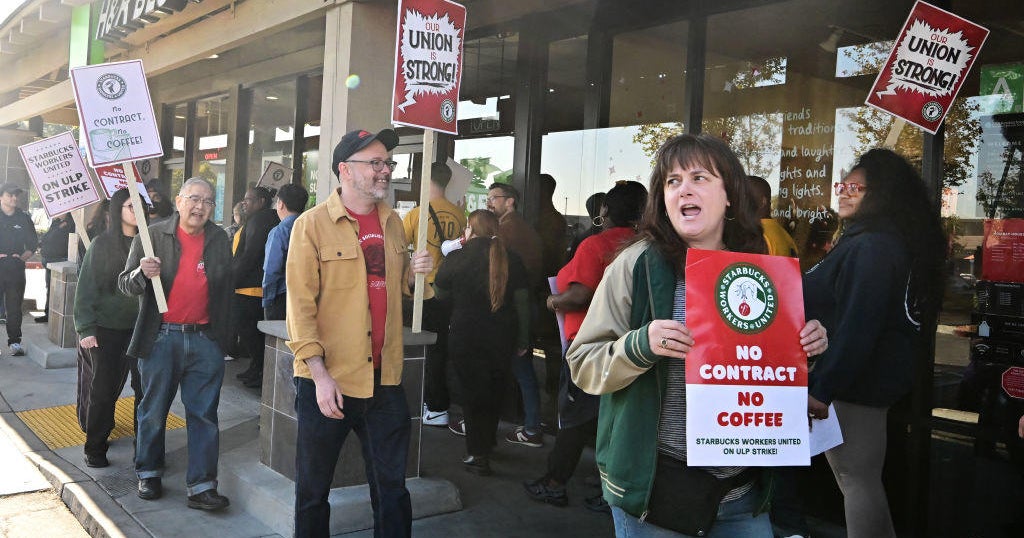Minnesota governor says black community "hurting beyond words" after George Floyd's death
Minnesota Governor Tim Walz called for calm in the streets of Minneapolis Friday after a third night of unrest stemming from the death of George Floyd. Fires, looting and violence erupted after the death of Floyd, an unarmed black man seen on video begging for air as an officer pressed his knee into his neck. The officer, Derek Chauvin, was charged later in the day with third-degree murder and manslaughter. He and three other officers involved were fired by the Minneapolis police department.
Walz, who on Thursday called in the National Guard to Minneapolis and declared a peacetime emergency, made an impassioned call for calm Friday, saying restoring order to the streets is crucial to begin work to repair systemic societal injustices in the state. He called to "rebuild" trust between the community and law enforcement.
"Our community, especially our black community, is hurting beyond words," Walz said Friday. "Minneapolis and St. Paul are on fire. The fire is still smoldering in our streets. The ashes are symbolic of decades and generations of pain and anguish unheard."
Overnight, protesters torched the police station where the four officers involved worked. Walz said the state took over response once the police station was set aflame after midnight and local law enforcement pulled back. Later in the day Friday, Walz imposed a curfew from 8 p.m. to 6 p.m. Friday and Saturday for Minneapolis and St. Paul, in conjunction with city officials, in an attempt to quell further violence.
Walz called for an end to the "looting and recklessness."
"We can't have it, because we can't have it in society. I refuse to have it take away the attention from the stain we need to be working on," Walz said.
Minnesota Attorney General Keith Ellison said that if the protester's message is that Floyd's death is intolerable and that the law enforcement system must change, "that message has been received." He said officials are committed to working towards reform.
"We're not just going to fix the windows and sweep up the glass, we're going to fix the broken and shattered society that leaves so many people behind," Ellison said.
Minnesota Department of Safety commissioner John Harrington said a team of local, state and federal law enforcement officers including the state patrol and Minnesota National Guard deployed to restore order overnight with an aim to allow people to protest but to keep people and property safe.
"We cannot and will not be deployed to stifle free speech, but we will not and cannot allow dangerous and unlawful behavior to continue," Harrington said.
He said the vast majority of the protesters "are still having their guts ripped out about Floyd's murder" and were not the group of people behind most of the unrest.
Harrington said most of the crowd in the center of the violence on Lake Street dispersed when the uniformed law enforcement team arrived and asked them to leave. Those that didn't were arrested, he said.
"The people out there on Lake Street at 3 a.m. weren't the good people of Minnesota and Minneapolis, they weren't the people who wanted to mourn the loss of a friend and a relative and a neighbor," Harrington said.
Harrington said he referred to Floyd's death as murder "because that's what it looked like to me."
Walz also apologized for the arrest of a CNN reporter on air, calling it "inexcusable."






